We must make sure Welcome to Country doesn’t wear out its welcome
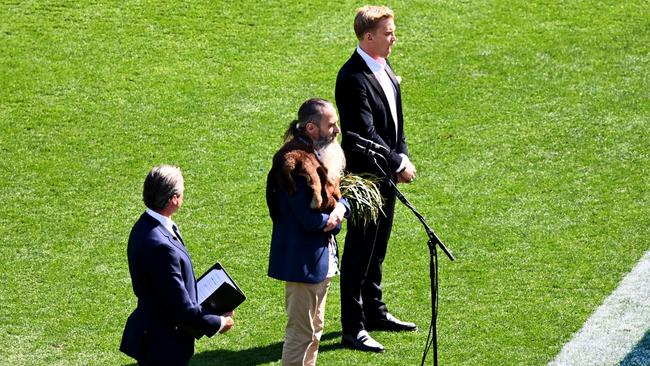
I agree with many others that the ceremonies are overdone in both frequency and the content of the messages. That is, they are being done at more and more events, such as staff meetings, presentations and any gathering of people, and their message all too often seems to be about way more than welcoming people.
But let’s not throw the baby out with the bath water here.
I believe there is a time and place for welcomes to country when done properly. By properly, I mean when they are performed at significant events and done to make all attendees feel welcome. When done properly, a welcome to country should promote a sense of belonging and oneness for both Aboriginal and non-Aboriginal people.
A few years ago I attended a celebration at Uluru where one of the local elders did a welcome to country in his language and someone translated for him. His message was: “I welcome you and I want you to be here.” That should be the model for the welcome to country.
While many seem to be expressing disapproval of welcome to country as such, I do believe the collective criticism expressed is disproportionate to any problems with the speeches themselves.
I wonder if when people express their annoyance about welcome to country, there may be many other reasons other than the welcome to country ceremony itself.
What follows is a selection of reasons for why I believe many Aussies get frustrated with Aboriginal issues and activism, and then offload their frustrations on welcomes to country.
First, many of the proponents of the Indigenous voice to parliament have told No voters that they were racist for voting no. This was both before and after the referendum.
Second, we are told the ridiculous and slanderous lie that governments are “stealing” Aboriginal children who are in need of care and protection.
Third, while we hear about how too many Aboriginal Australians are living in poverty, there exists a class of Aboriginal Australians who are doing exceedingly well by most measures of success.
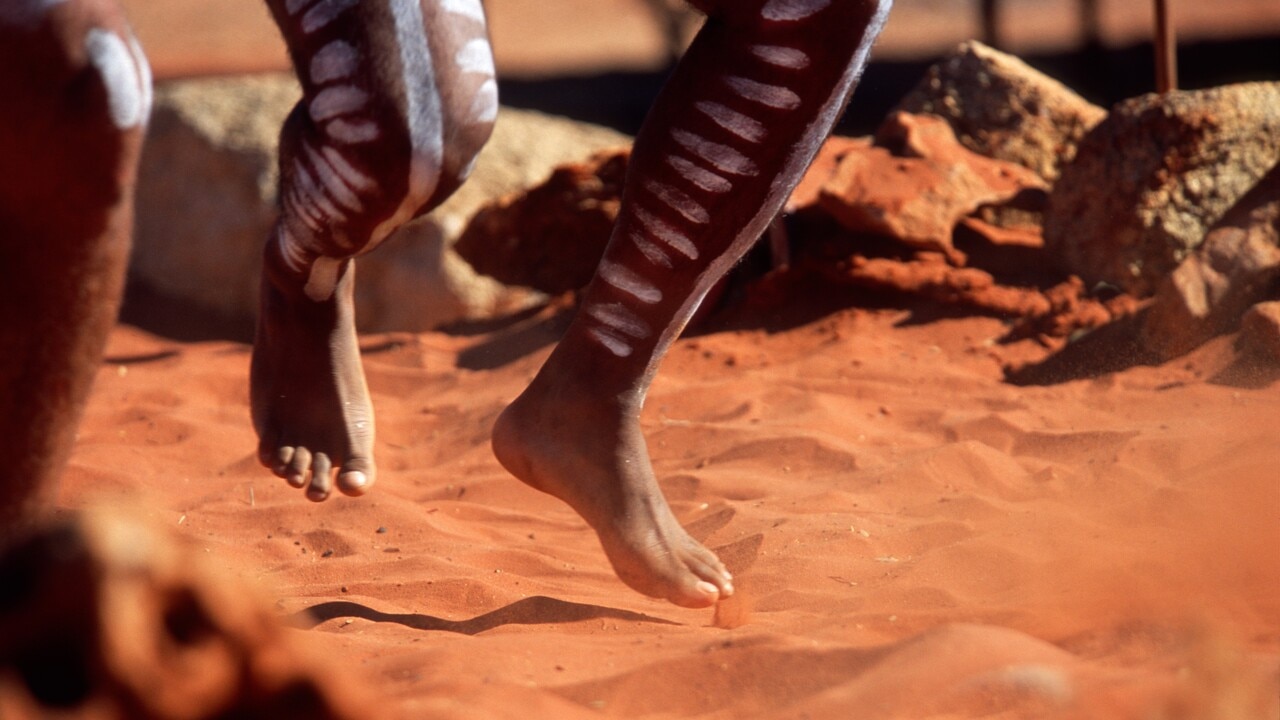
Fourth, Aussies are fed up with seeing “outrage” from activists when an Aboriginal person dies in a “white” facility, especially a jail, but these same activists are unmoved when an Aboriginal person dies a violent death in a community.
And one last reason: many Aussies who want to know how they can help their Aboriginal brothers and sisters disdain attending mandatory “cultural awareness” or diversity, equity, and inclusion training where they are taught a fairytale version of Aboriginal culture that bears little or no resemblance to that practised by Aboriginal Australians today.
So, where to from here? First, the aforementioned reasons for frustration must be dealt with effectively.
For as long as racism or uncaring Australians are assumed to be the cause of all problems facing Aboriginal Australians, then the majority of welcomes to country will be seen as tokenistic at best and divisive at worst.
To facilitate this necessary change requires ensuring that school students are taught a balanced view of history and race relations today, media start to be more objective in their reporting of Aboriginal affairs, and leaders in government and higher learning institutes show some backbone and not worship at the altar of political correctness and identity politics.
Next, if managers and leaders want to do an acknowledgement of country at their workplaces at the commencement of meetings, then fine, do so, but keep it focused on acknowledgment.
Finally, for more significant events, the one doing the welcome to country should be sure of his or her motives. The aim should always be to promote unity and a shared vision, never blame and division. It is also worth mentioning that Aussies are likely to be more responsive to welcomes to country when the “well-respected elders” doing the welcoming at least look the part.
When done properly, the welcome to country can be, as The Australian’s Chris Kenny recently stated, a “useful addition to our national culture”. A national culture simply reflects that Aboriginal and non-Aboriginal Australians share much in common.
Let’s focus on bringing out the best in welcomes to country, as the ceremony has the potential to bring out the best in all Australians. That would be true reconciliation.
Anthony Dillon is an honorary fellow at the Institute for Positive Psychology and Education at the Australian Catholic University.

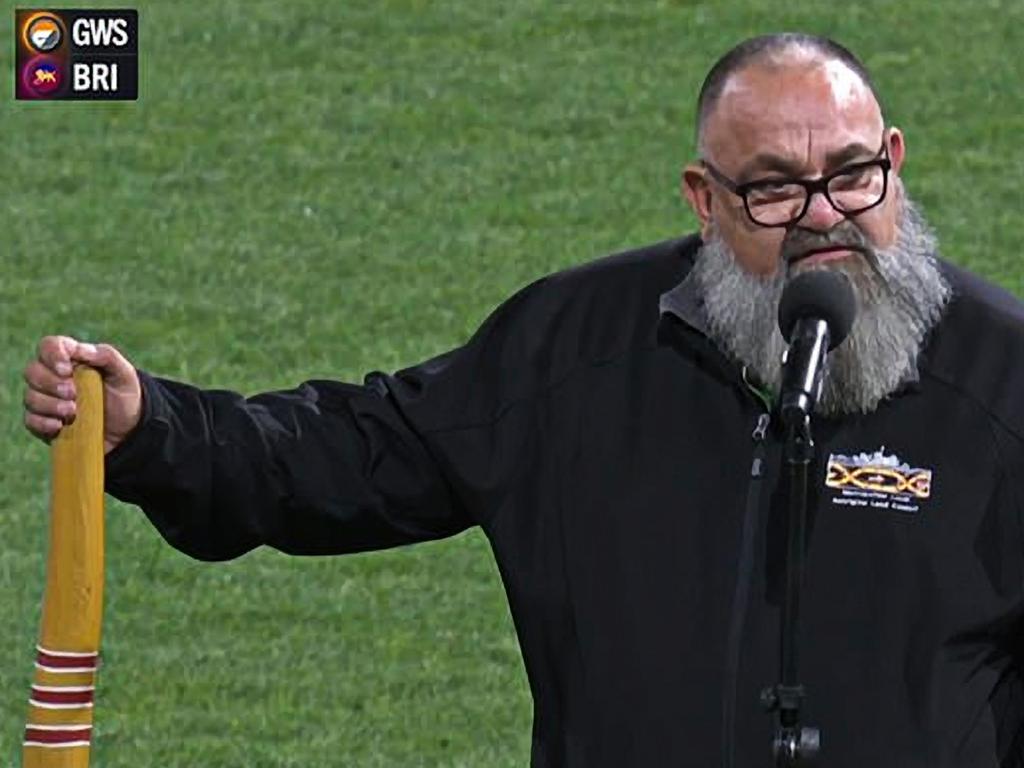
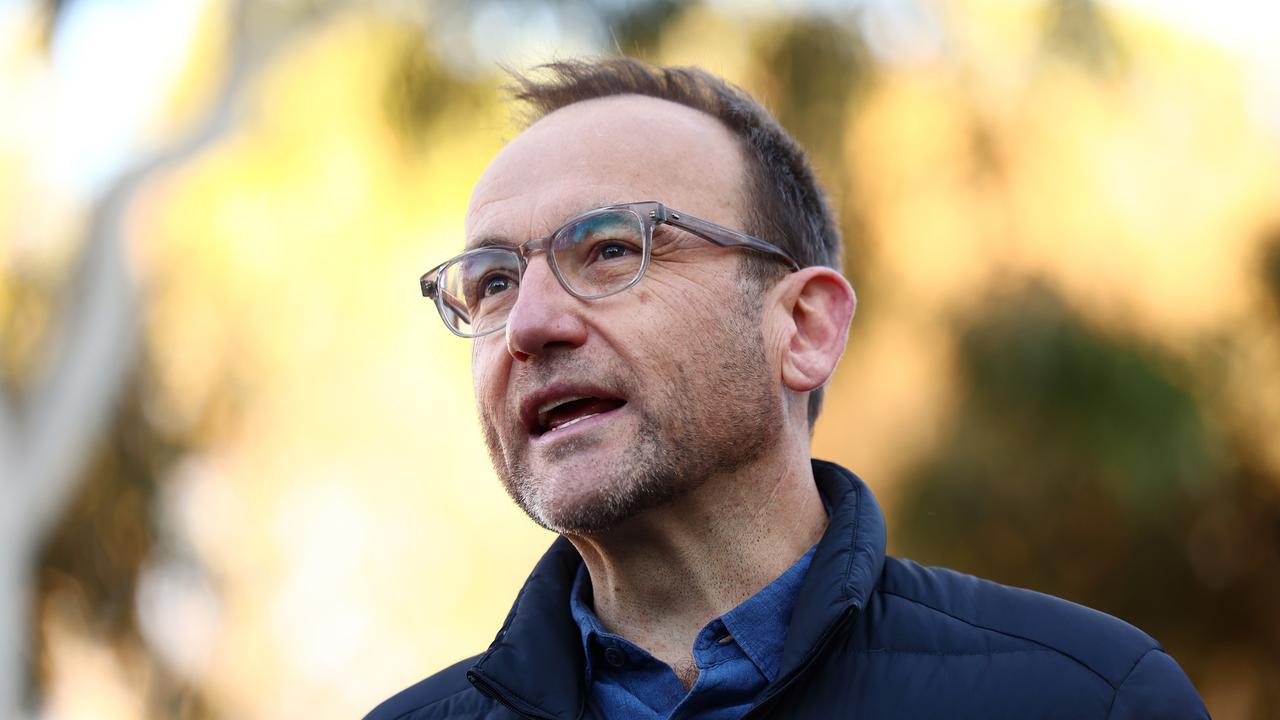
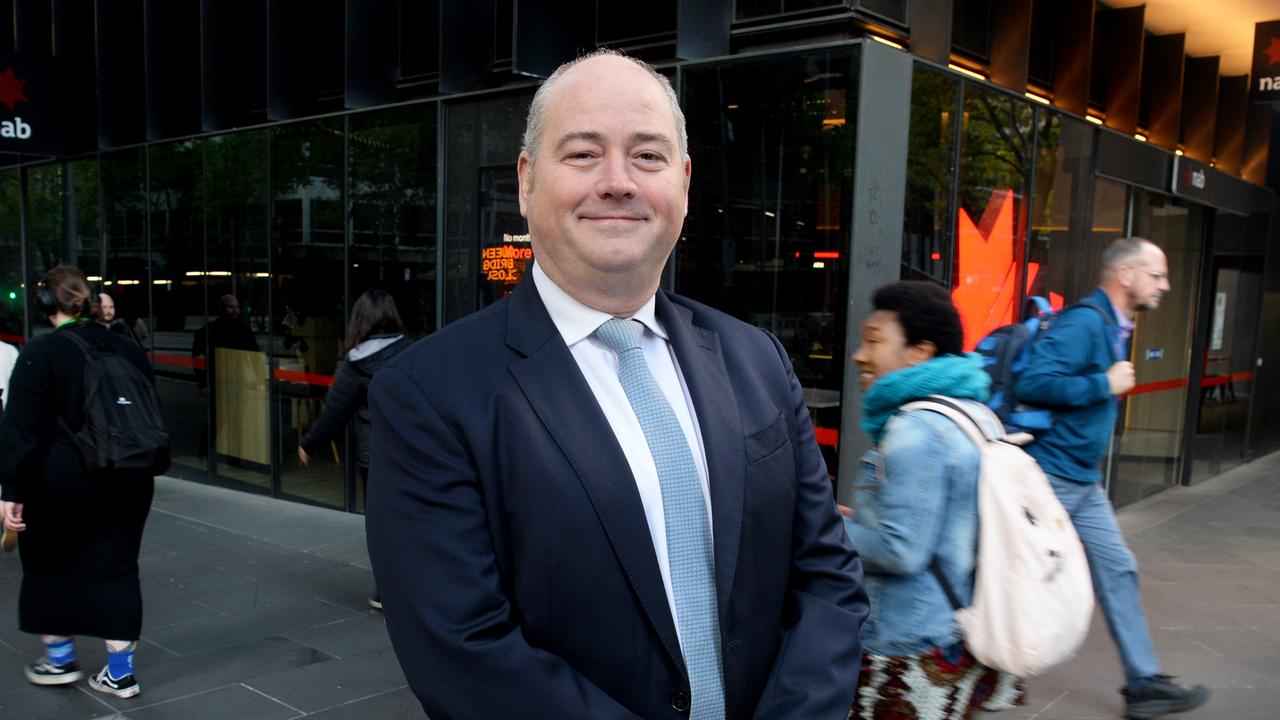
While the practice of welcome to country is commonplace and a source of cultural pride for many, it continues to attract criticism.